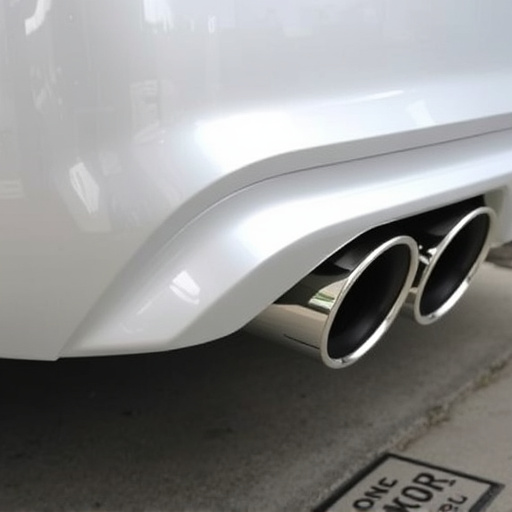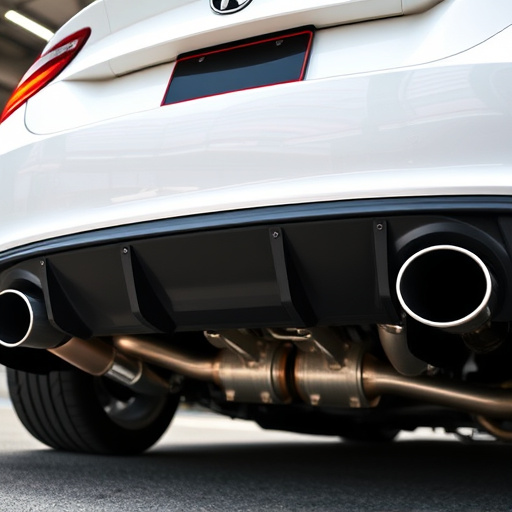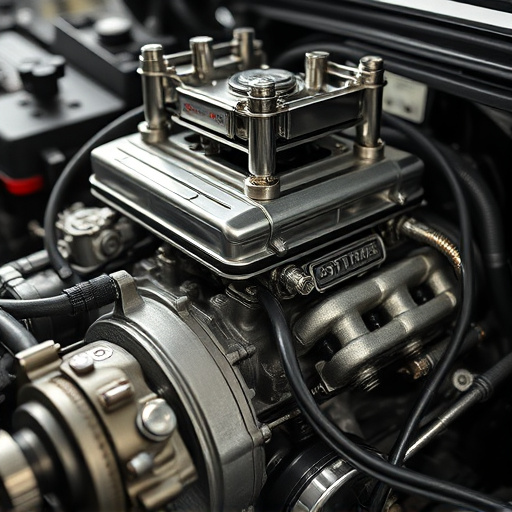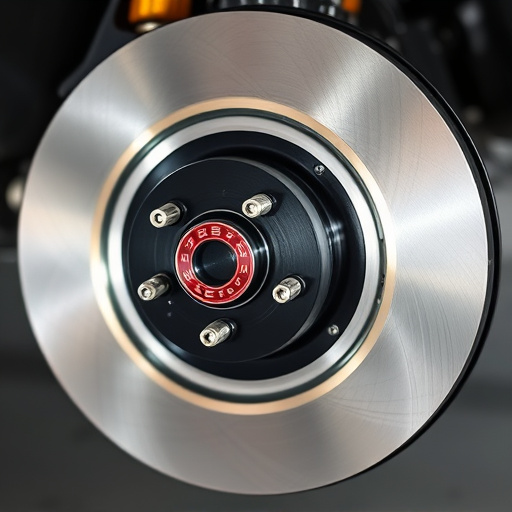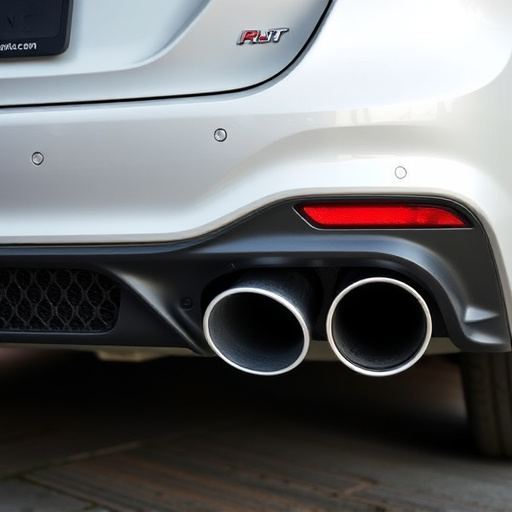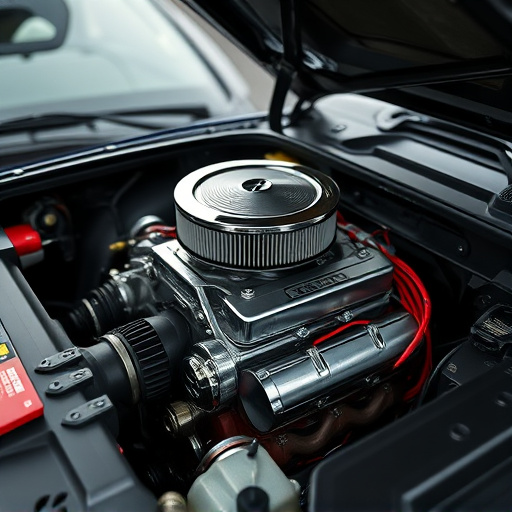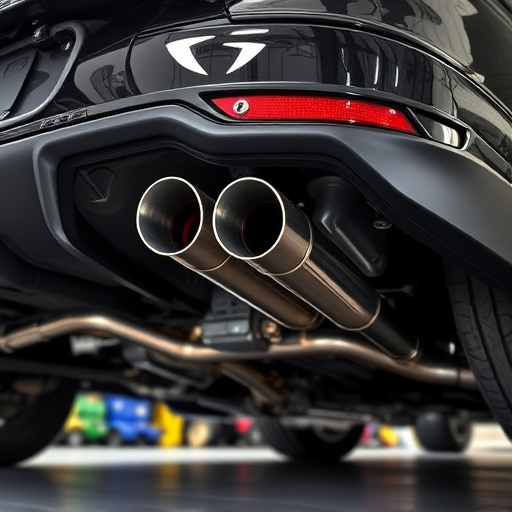Hydraulic suspension is a cutting-edge automotive technology revolutionizing competitive driving by modulating spring stiffness via fluid pressure, offering unparalleled control over wheel motion for enhanced cornering, weight transfer, and braking performance. This advanced system, popular in racing and off-road applications, allows drivers to fine-tune handling, lower the center of gravity, reduce body roll, and customize settings for maximum efficiency, making it a game-changer in car competitions.
Hydraulic suspension, a revolutionary technology, offers unparalleled control and flexibility in car competitions. This advanced system leverages liquid pressure to achieve unique motion patterns, enabling vehicles to adapt swiftly to varying terrain and race conditions. In this article, we’ll explore the fundamentals of hydraulic suspension, its significant advantages for performance and maneuverability, and examine compelling case studies showcasing its success in racing cars.
- Understanding Hydraulic Suspension: The Basics and Its Role in Car Competitions
- Advantages of Hydraulic Suspension for Enhanced Performance and Maneuverability
- Case Studies: Successful Implementation of Hydraulic Suspension in Racing Cars
Understanding Hydraulic Suspension: The Basics and Its Role in Car Competitions
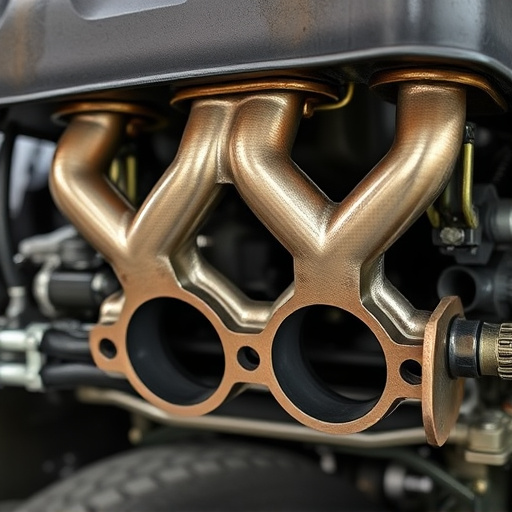
Hydraulic suspension is a sophisticated system that revolutionizes the way a car’s wheels move and interact with the road. At its core, it involves using fluid pressure to control and adjust the stiffness of the vehicle’s springs, allowing for precise and unique motion patterns during car competitions. Unlike traditional spring-based suspensions, hydraulic systems offer greater control, enabling drivers to adapt to varying track conditions swiftly.
In car competitions, such as racing or off-road events, this technology plays a pivotal role. For instance, in high-performance cars equipped with cat back exhaust systems and muffler tips, hydraulic suspension can optimize handling by allowing precise cornering and improved weight transfer. Moreover, it enhances braking performance by enabling better control over wheel movement, which is crucial when upgrading to new brake pads for enhanced safety and speed.
Advantages of Hydraulic Suspension for Enhanced Performance and Maneuverability
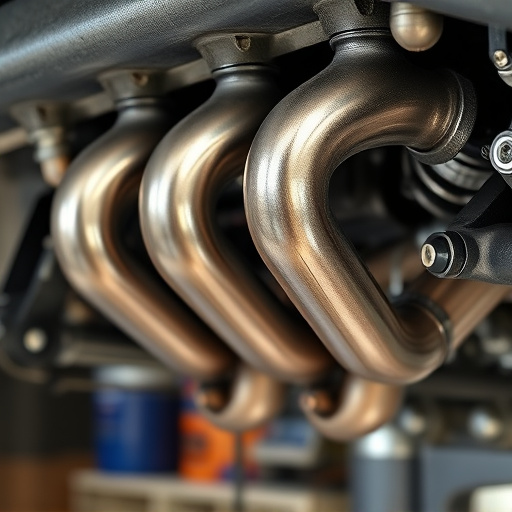
Hydraulic suspension offers numerous advantages that significantly enhance a vehicle’s performance and maneuverability, making it an ideal choice for car competitions. One of its key benefits is precision control. By adjusting the pressure in the hydraulic system, drivers can fine-tune their car’s behavior during turns and straight-line acceleration, allowing for more responsive handling. This level of control is especially crucial in racing where every fraction of a second counts.
Moreover, hydraulic suspension contributes to better weight transfer, which is essential for optimal grip. When cornering, it can lower the vehicle’s center of gravity, reducing body roll and improving stability. Additionally, hydraulic suspension systems can be tailored to suit specific driving styles and track conditions, ensuring maximum efficiency. This adaptability, combined with their ability to absorb impacts smoothly, results in a smoother ride and enhanced performance brakes, allowing drivers to push their cars harder without compromising safety.
Case Studies: Successful Implementation of Hydraulic Suspension in Racing Cars
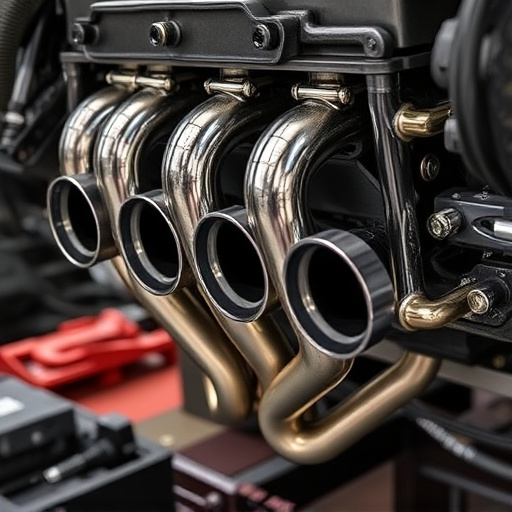
In the world of car competitions, where every advantage counts, the implementation of hydraulic suspension has proven to be a game-changer. Several successful case studies highlight the effectiveness of this technology in enhancing performance and stability on racetracks. For instance, top-tier racing teams have utilized advanced hydraulic systems to fine-tune ride height and control wheel articulation, allowing for precise cornering and improved traction.
These innovations often include sophisticated air intake systems, such as cold air intakes, which benefit from the adjustable suspension’s ability to maintain optimal airflow. Moreover, the responsiveness of hydraulic suspension has led to better management of brake components, contributing to reduced braking distances and enhanced overall control during high-speed maneuvers.
Hydraulic suspension systems are transforming car competitions by offering unparalleled control and agility. As demonstrated through various case studies, these advanced systems provide significant advantages in terms of performance and maneuverability, setting new standards for racing cars. By understanding the basic principles and leveraging its unique capabilities, hydraulic suspension is poised to revolutionize not just competitive driving but also the future of automotive engineering.








